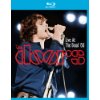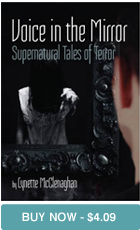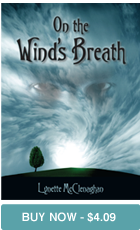The Doors Live at the Hollywood Bowl 68
March 30th, 2015 | Published in Dark Tales, Horror, music biography, music criticism, Reviews, Self Publishing
As well as reviewing dark fiction, I review music, including biographies of iconic musicians. One of my recent blogs reviewed: Love Becomes a Funeral Pyre (Biography of The Doors by Mick Wall)
Watch this space for more reviews, include: Steampunk Erotica and Bram Stokers (stories include alternative endings).
Not to be missed DVD for Doors fans and a worthwhile watch for those who appreciate great music.
This DVD is essential for any Doors fan. Even casual fans should buy it as it may well inspire them to investigate the band’s music further. The restoration of the film of the Doors’ 1968 Hollywood Bowl concert is a triumph of modern technology and a credit to the original cinematographers. The video and audio is now so good that the concert could have been filmed last week. The process of restoration is covered in detail in one of the excellent Extra features on this DVD. The mini-documentaries are well worth watching and there are some bonus television performances included.
The concert itself shows the band at their peak in a live setting. At the time much of their best music was still to come, particularly the albums Morrison Hotel and L.A. Woman, but this performance is a good representation of their work up until this point. Later in their career live performances would become often shambolic and unpredictable as Jim’s erratic behaviour took increasing hold over him, and the band. This performance is tight and professional. The richness of their music works well in the live setting where their improvisation and extended versions of songs are developed and explored musically and lyrically. The impression we get watching is of a well-rehearsed band with an intuitive understanding of where each song is going.
The concert takes you back to a time when bands just came on stage and played. Unlike the garish and tacky antics of some modern performers, the Doors grab you and hold you with musicianship and the power of their music. There is not much theatricality, except in The End and The Unknown Soldier. Jim is the brooding presence you’d expect, but with boyish smiles and charm, he is also an engaging frontman, and expressive vocalist. Robby is never less than tasteful and astute in his playing. Like the others, he makes it look easy, until, in one of my favourite shots, we see him close up, breath condensing in the cold night air, sweat pouring down his face. Laid back, but intense. Ray is perpetually smiling, hunched over his keyboards with his head cocked sideways, absorbed in the music, playing brilliantly, giving the band so much of their unique sound. The revelation for me was John Densmore. His work is powerful and expressive, subtle and complex. He is easily the equal of any rock drummer, including Baker, Bonham or Moon (and considerably more sane!)
Great concert, but I was saddened when it finished. Ahead lay trouble with the law, controversy, and for Jim, decline, and a squalid death three years later. That we know how the story ends makes this wonderful concert also quite poignant.









